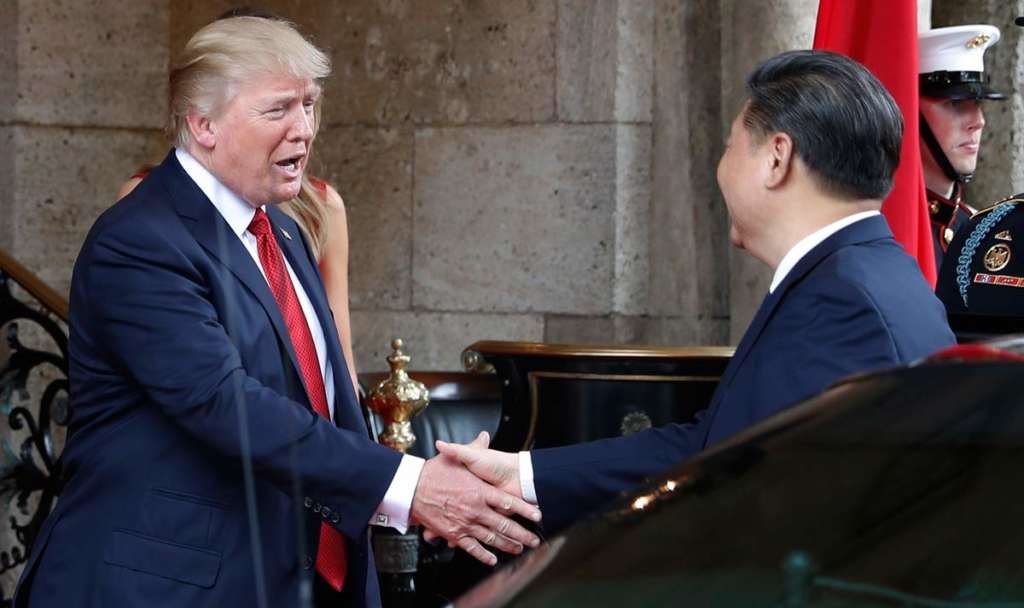Washington – US President Donald Trump’s administration declined to name any major trading partner as a currency manipulator in a highly anticipated report on Friday, backing away from a key Trump campaign promise to slap such a label on China.
The semi-annual US Treasury currency report did, however, keep China on a currency “monitoring list” despite a lower global current account surplus, citing China’s unusually large, bilateral trade surplus with the United States.
China and Germany are not manipulating the value of their currencies to gain an unfair trade advantage, but both should do more to reduce their large trade surpluses with the United States, the Treasury Department said Friday.
The decision was expected after President Donald Trump this week reversed himself and said China was not a currency manipulator, according to AFP.
Five other trading partners who were on last October’s monitoring list — Japan, South Korea, Taiwan, Germany and Switzerland — also remain on the list, ensuring that the Treasury would apply extra scrutiny to their foreign exchange and economic policies.
The Treasury report recognized what many analysts have said over the past year, namely that China has recently intervened in foreign exchange markets to prop up the value of its yuan currency, not push it lower to make Chinese exports cheaper.
The Treasury also warned that it will scrutinize China’s trade and currency practices very closely and called for faster opening of China’s economy to US goods and services and a shift away from exports to more domestic consumption.
“China will need to demonstrate that its lack of intervention to resist appreciation over the last three years represents a durable policy shift by letting the RMB (yuan) rise with market forces once appreciation pressures resume,” the report said.
Trump repeatedly pledged in his election campaign to name China as a currency manipulator on his first day in office — prompting fears of a trade war — but did not do so.
China met only one of the three criteria required to be labeled a currency manipulator — a large trade surplus with the United States — while Germany also met a second: a current account surplus amounting to more than three percent of the nation’s economic output.
Germany, as part of the Eurozone, cannot act unilaterally to change the value of the euro.
A weaker currency makes exports cheaper compared with those of competitors.
Declaring a country a manipulator would set off a process including negotiations that could culminate in punitive trade sanctions on the offender.
Treasury Secretary Steven Mnuchin said ensuring a level playing field for US businesses is an “essential component of this administration’s strategy.”
“Expanding trade in a way that is freer and fairer for all Americans requires that other economies avoid unfair currency practices, and we will continue to monitor this carefully,” he said in statement.
The Treasury Department said Germany should take steps, notably spending policies, “to encourage stronger domestic demand growth,” something the country’s trading partners and the International Monetary Fund have been urging for some time.
Increased demand “would place upward pressure on the euro… and help reduce its large external imbalances,” increasing domestic consumption, including of imported goods.
Those imbalances include its $65 billion goods trade surplus with the United States last year, and what the department calls “the world’s largest current account surplus at close to $300 billion.”
